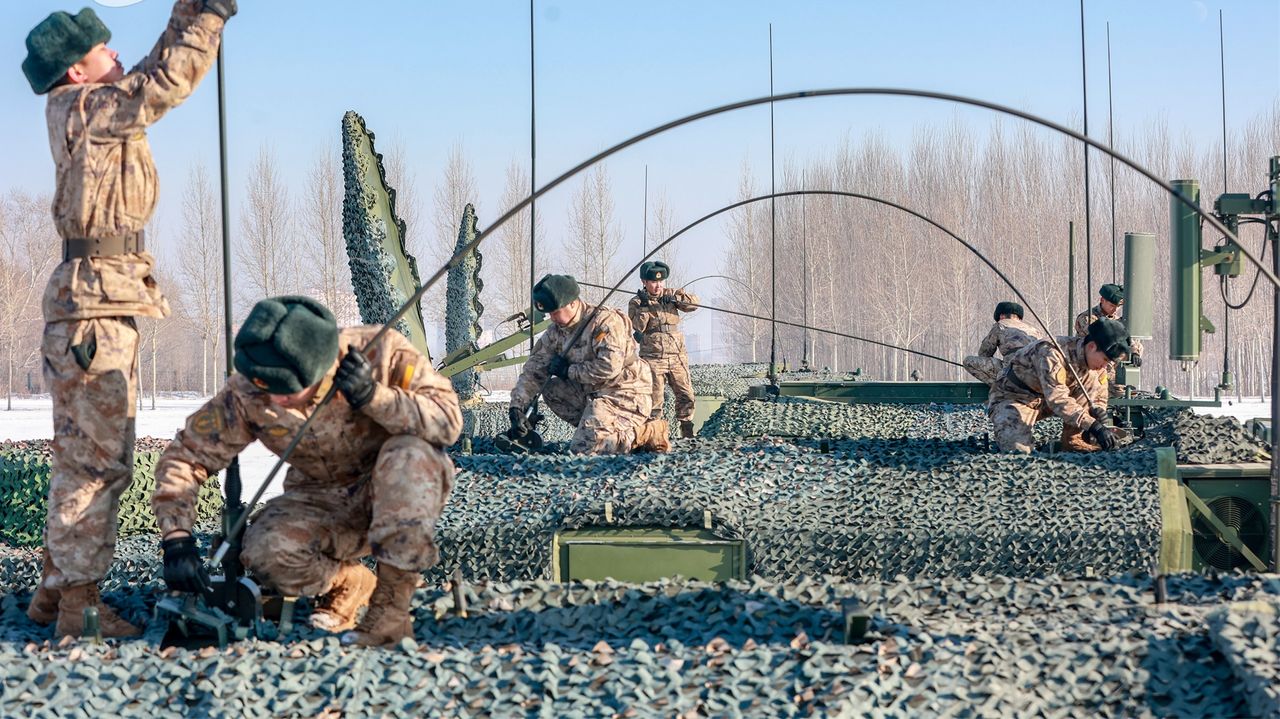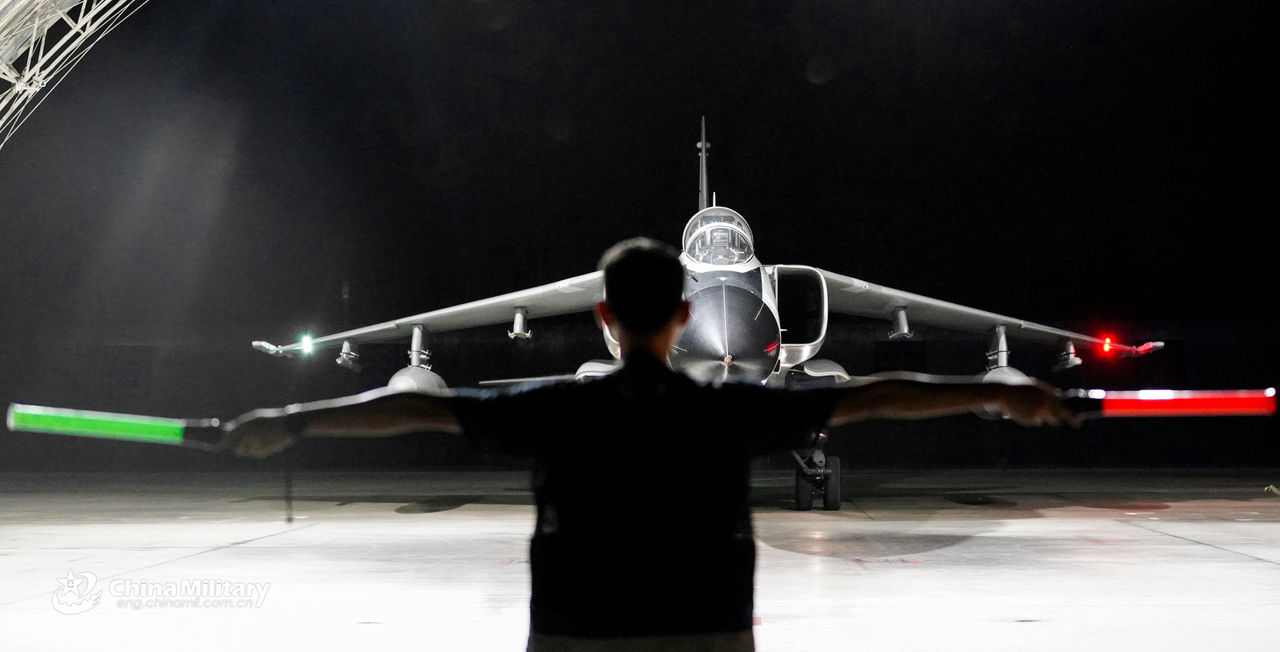Updated March 20th, 2024 at 13:20 IST
Chinese military's growing influence in space operations raises alarms across the globe
China's recent 7.2% increase in defence spending, coupled with the absence of military space allocation, prompts global concern over its strategic intentions.
- Defence
- 3 min read
Advertisement
New Delhi: The recently announced increase in China's defence budget, amounting to a significant 7.2% year-on-year rise to CNY1.66554 trillion (USD231.4 billion), has stirred global attention. However, conspicuously absent from this budget is any mention of China's military space spending. This omission raises pertinent questions about China's strategic intentions and the implications for global security.
It's no secret that the People's Liberation Army (PLA) is the real driving force behind China's space program. With last year marking a record for Chinese space launches, including 67 rockets deploying 207 satellites into orbit, it's evident that China's space endeavours are not solely focused on peaceful exploration. Of these satellites, a significant number serve military or dual-use purposes, highlighting the PLA's growing influence in space.
Advertisement
Strategic Support Force and China's Ambiguous Space Doctrine
Established in 2015, the Strategic Support Force of the PLA plays a pivotal role in military space operations. Its Space Systems Department and Network Systems Department are instrumental in shaping China's space capabilities and furthering its strategic objectives. The PLA's emphasis on "informatisation" as a key pillar of modernization underscores the significance of space in military strategy.
Advertisement

Despite claims of advocating for the peaceful use of outer space, China's actions tell a different story. While the country has never officially released a space warfare doctrine, its aggressive pursuit of space-based capabilities for military purposes is undeniable. China's advancements in space-based intelligence, surveillance, reconnaissance (ISR), and satellite communications underscore its growing assertiveness in space.
Counter-space capabilities: A cause for concern
China's focus on achieving space superiority and denying adversaries access to space-based capabilities raises concerns about its counter-space capabilities. The PLA's development of various weapons systems, including direct-ascent anti-satellite (ASAT) missiles and ground-based laser weapons, poses a significant threat to global space infrastructure.
China's rapid advancements in space technology have geopolitical ramifications. Its BeiDou satellite navigation system, akin to the US's GPS, not only enhances economic competitiveness but also strengthens China's defence capabilities. Moreover, China's aggressive push to expand its commercial space sector, coupled with plans to establish a lunar research station, signifies its long-term astro-strategic ambitions.
Advertisement

As China continues to bolster its military space capabilities, the international community must remain vigilant. Efforts to develop robust defences against potential space threats are imperative to safeguarding global security. Additionally, fostering international cooperation and transparency in space activities is essential to prevent the weaponization of outer space and maintain peace in the space domain.
Implications for US-China relations
China's advancements in military space capabilities have significant implications for US-China relations. The United States views China's growing space prowess as a direct challenge to its dominance in space. The US Space Force, established in 2019, reflects the increasing importance of space in US defence strategy and underscores the need to counter China's space ambitions.
Addressing the challenges posed by China's military space ambitions requires a multifaceted approach. Strengthening international norms and agreements governing space activities is essential to prevent the weaponization of outer space. Diplomatic efforts aimed at promoting transparency and cooperation among space-faring nations can help mitigate tensions and foster trust.
Advertisement
China's growing military space ambitions underscore the need for proactive measures to address emerging threats and preserve the peaceful use of outer space. By staying informed and proactive, the international community can effectively mitigate the risks posed by China's expanding space capabilities and ensure the long-term sustainability of space exploration and cooperation. Only through collective efforts and strategic cooperation can we navigate the complexities of the space domain and safeguard global security for future generations.
Advertisement
Published March 20th, 2024 at 13:20 IST